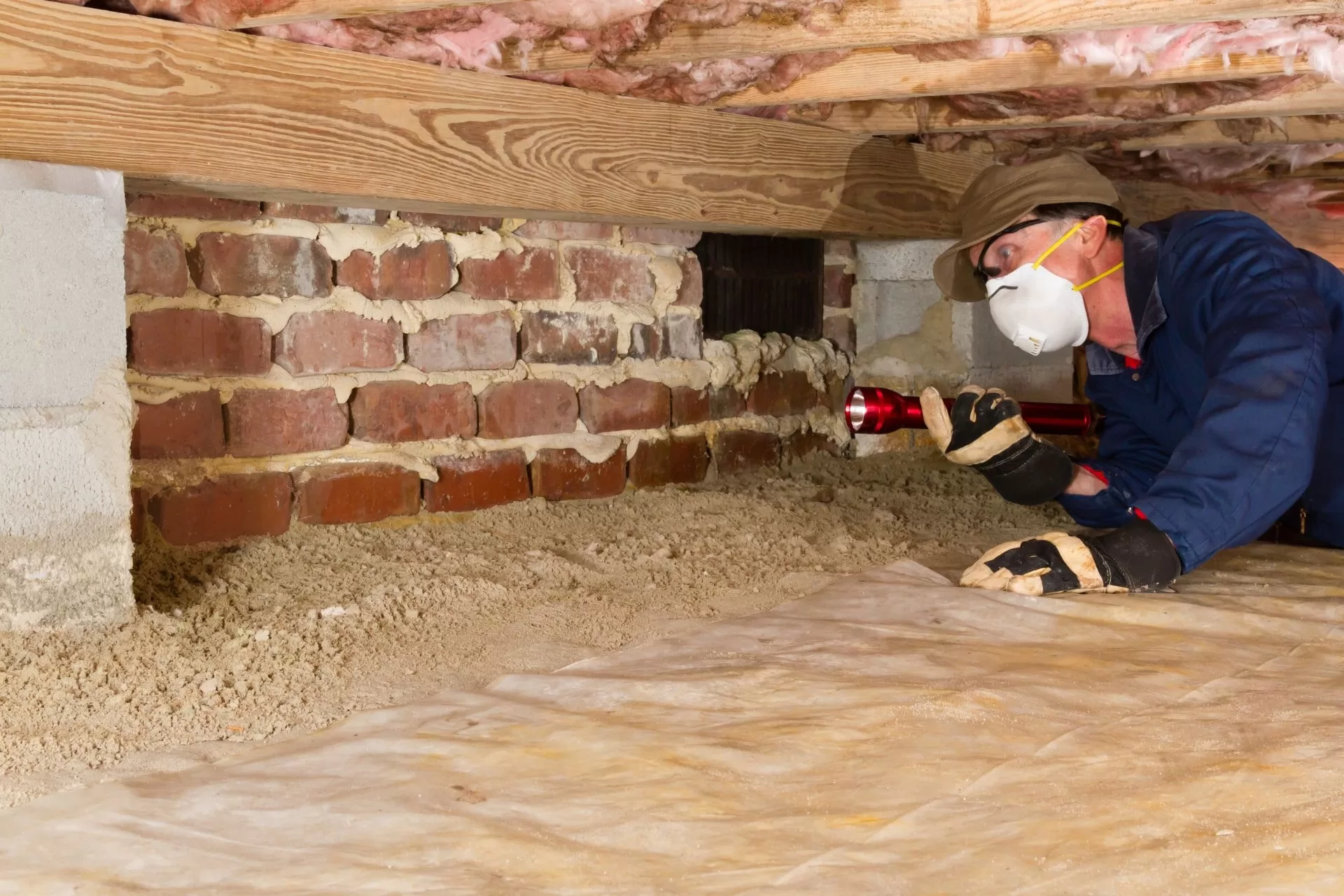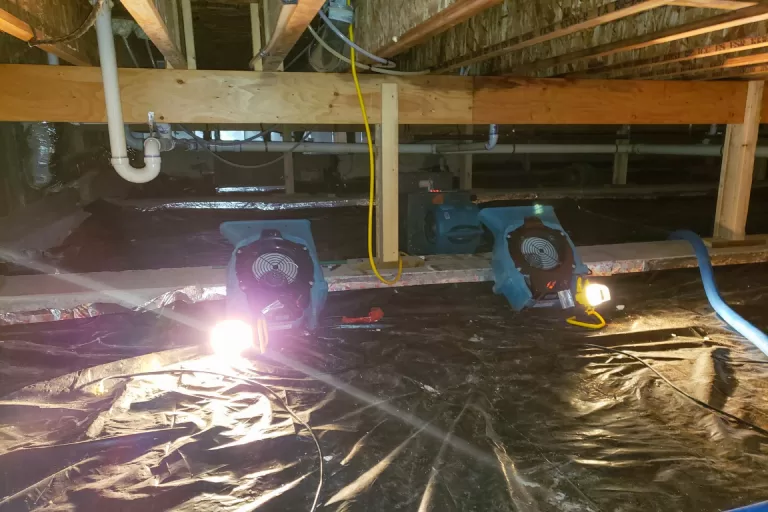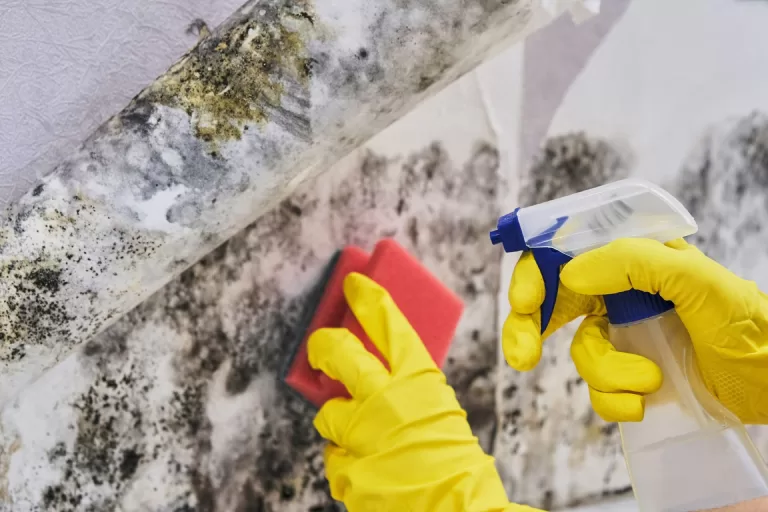Posted on: Mar 14, 2024
ProWaterUser2020

When it comes to making repairs or scheduling maintenance checks, many homeowners often overlook crawl spaces. However, if water enters this neglected area, it could compromise the structural integrity of the entire house. Not only that, but it could increase the likelihood of mould and mildew growth in hard-to-reach areas, affecting air quality in above-grade spaces. This is why water in a crawl space is a widespread problem for many homeowners.
But is finding water in crawl spaces normal? When does it become a cause for concern?
We’ll delve into the answers in this article and examine the potential causes, consequences, and fixes to remove water in crawl space. Let’s dive right in.
The short answer is yes—as long as it’s a normal amount. Finding a small amount of water in your crawl space is quite common, especially after a storm, since it’s an empty space, below ground, that acts as a protective barrier between the soil and your home’s first floor. Regardless, removing moisture and water in your crawl space is still advisable to prevent bigger problems.

Image source: Canva
Aside from that, large pools of standing water or puddles should always be a cause for concern. These indicate a bigger problem that could erode your home’s foundation, rot its wooden beams and joists, and compromise air quality. All these can put you and your family in danger, aside from lowering the value of your property.
Read more: 10 Signs Your Home Needs Exterior Waterproofing
Here’s how you can tell standing water has become a problem in your crawl space:
Once you see one or more of these signs, it’s time to take action and remedy the problem. But before that, it’s crucial to identify some of the most common causes of water in a crawl space.
Finding water in your home’s crawl space could be caused by three things: plumbing leaks, water seeping from the surrounding soil, and condensation.
Plumbing problems, such as a leaky pipe or a broken sump pump system, cause water to collect in your crawl space. Find the leak by looking for drops or ripples in the crawl space and stop the leak.
Groundwater seeping from the surrounding soil will saturate the soil in your crawl space after storms. If left alone, water in the crawl space after heavy rain can reach your home’s foundation and lead to significant water and foundational damage.
💡NOTE: Water can also enter your home through cracks in foundation walls. Even if it’s waterproofed, natural wear and tear can occur. Check for these hairline cracks in your crawl space to see if it’s the source.

Image source: Canva
Crawl spaces have high humidity levels, causing water vapour to condense on cold surfaces. This excess moisture could lead to wood rot, mould, and mildew growth if left untreated. Use dehumidifiers to remove excess moisture in the air.
If you routinely find water in your crawl space, especially after heavy rain or storms, call a professional waterproofer or a plumber. They can permanently stop the problem and ensure an effective drainage system for your crawl space.
However, you can always adopt preventative measures to avoid crawl space water causing structural problems in your home, such as:
Ignoring the risks of water in your crawl space could lead to severe consequences. However, taking matters into your own hands may compromise your home’s structural integrity. Instead, let the experts at PRO Waterproofers take over waterproofing your basements and crawl spaces.
As the most trusted home waterproofers in Ontario, we ensure long-lasting solutions so you won’t have to worry about water damage for long—we swear by it with our 30-year warranty. There’s no need to worry about water in the crawl space of your home when you partner with our expert team.
Get a FREE in-home consultation for your Burlington, Hamilton, or Oakville basement!
If You Have Any Emergency Waterproofing Need, Simply Call Our 24 Hour Emergency Service Team
 Call Us Now : (905) 963-3333
Call Us Now : (905) 963-3333